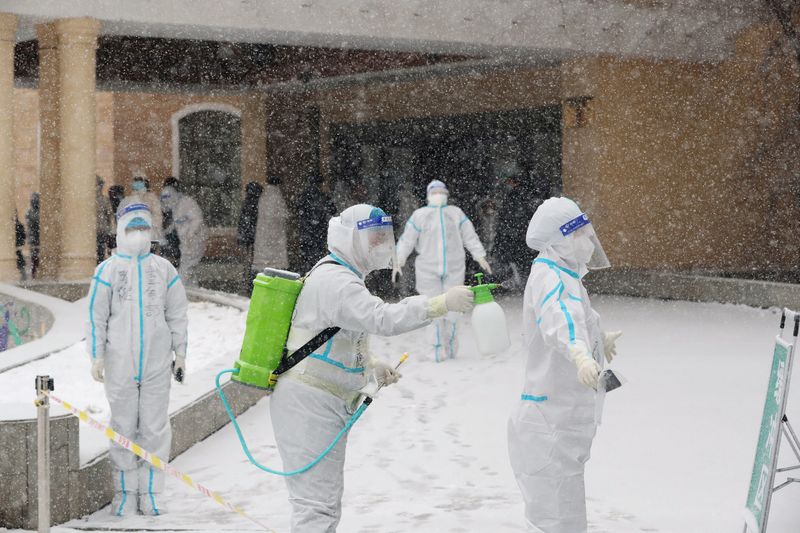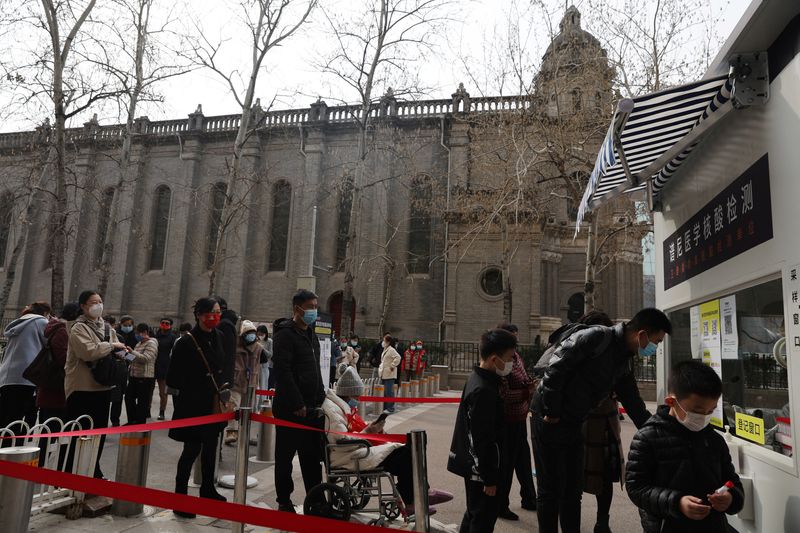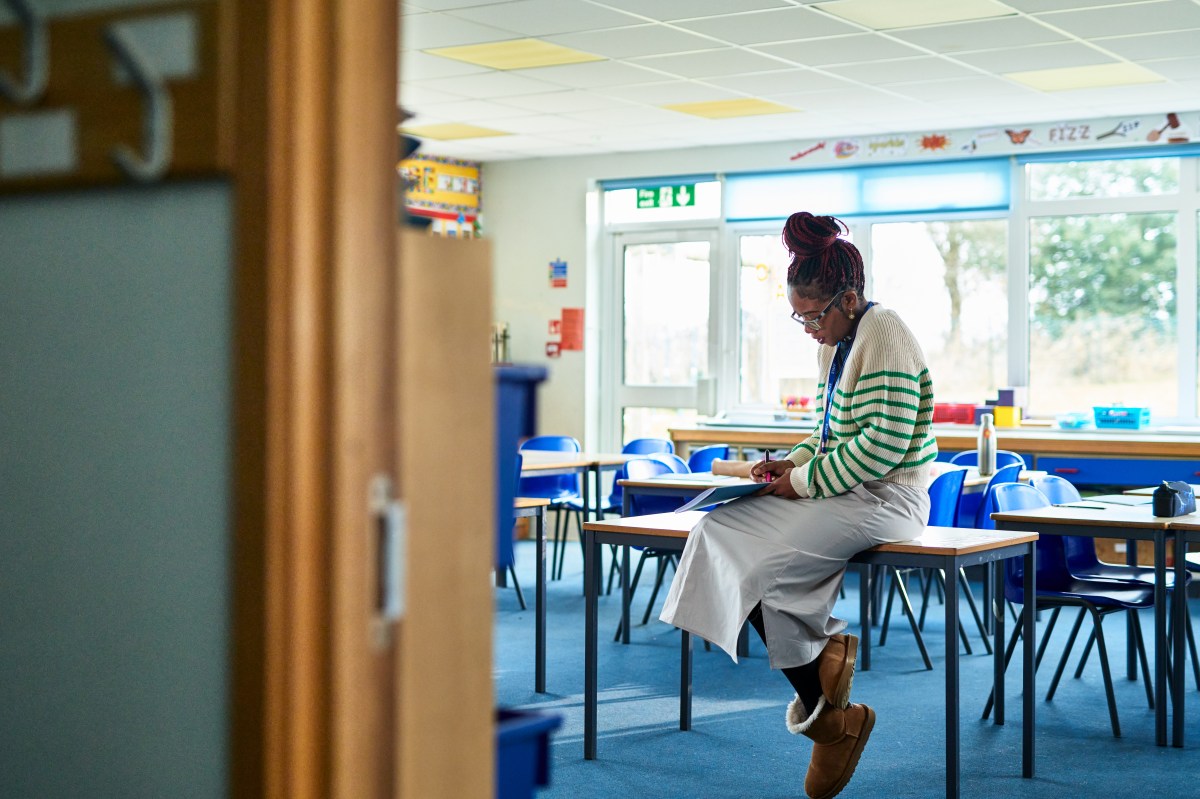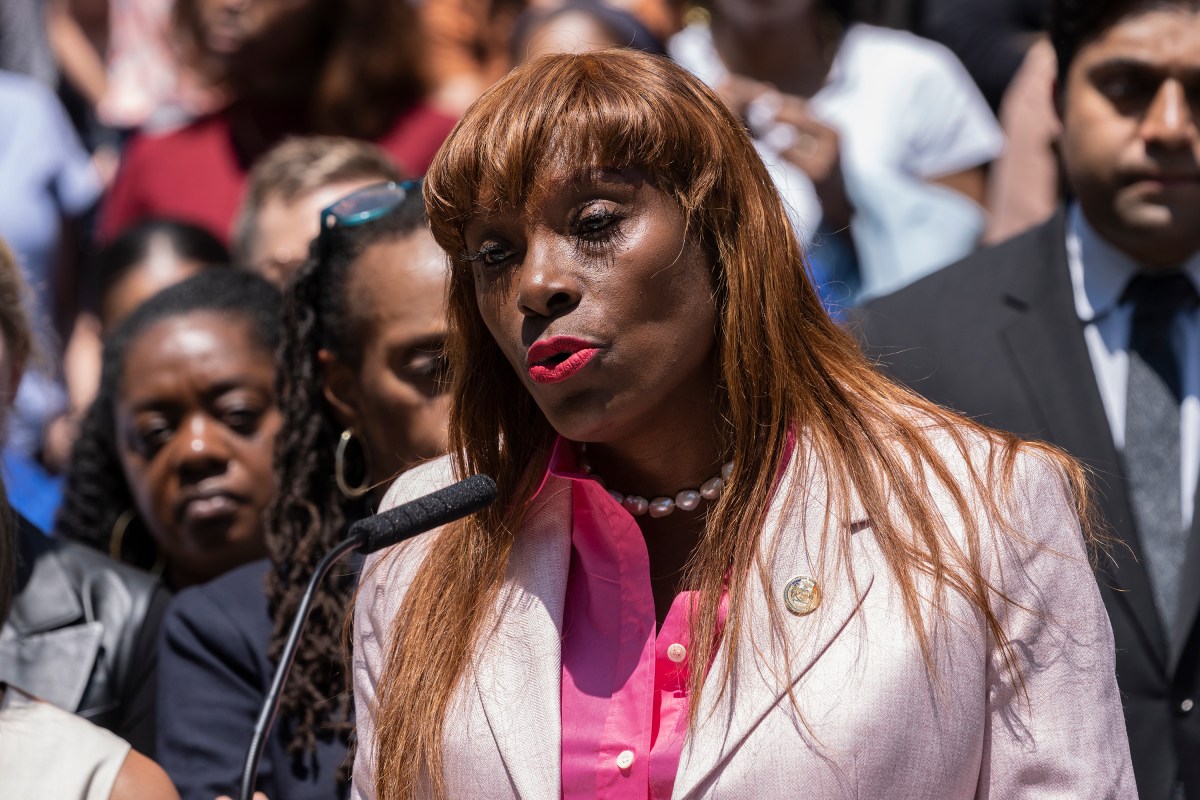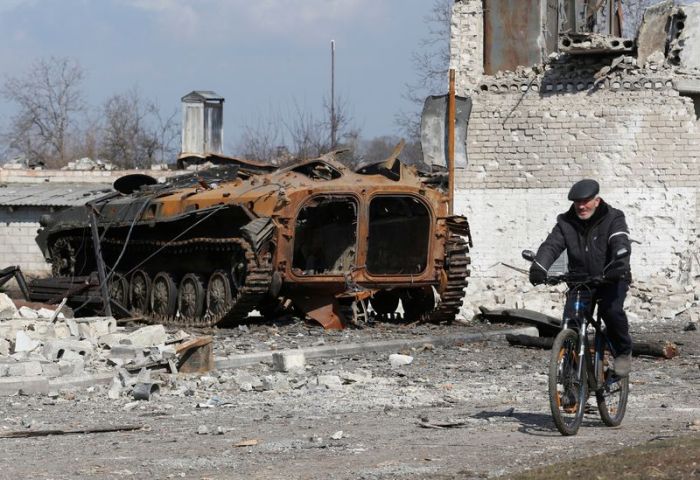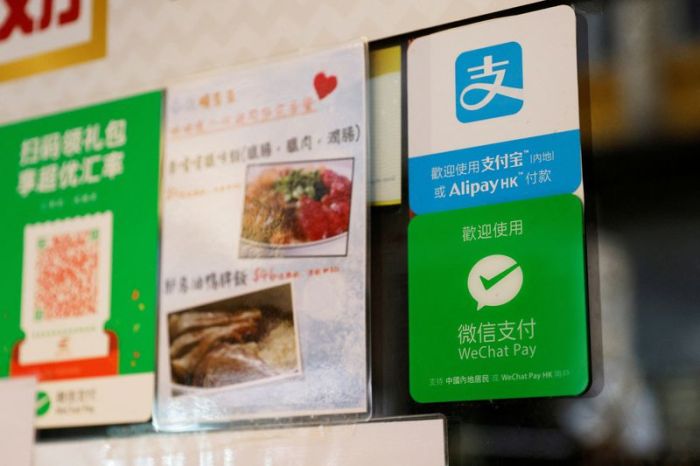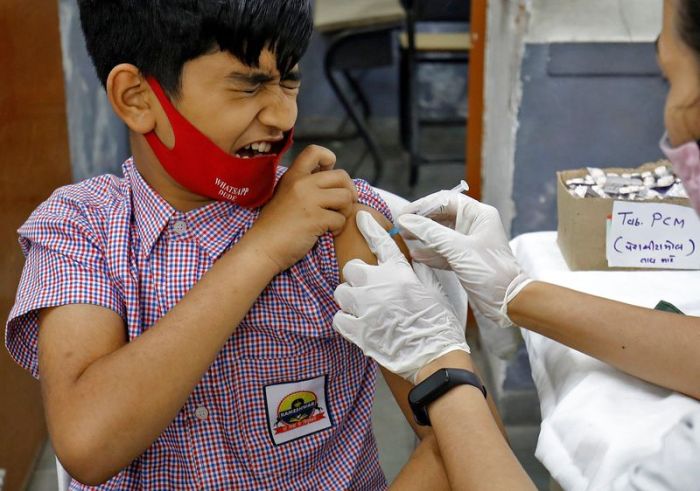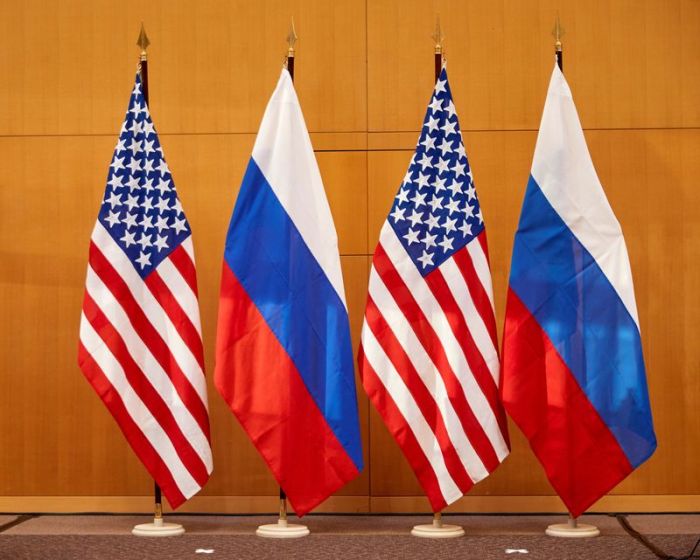SHANGHAI (Reuters) -China’s Jilin province was “in a last-ditch battle” against COVID-19, according to a senior Communist Party official, as the northeastern region bordering North Korea and Russia accounted for three-quarters of China’s total new cases on Wednesday.
Authorities have called for blanket testing in Jilin, with provincial Communist Party secretary Jing Junhai urging health departments to ensure “not a single person is missed”, the official Jilin Daily newspaper reported.
Jilin registered 1,456 new domestically transmitted COVID-19 infections with confirmed symptoms on March 15, while new cases totalled 1,860 nationwide, National Health Commission (NHC) data showed.
Though Jilin’s infections had halved compared to a day earlier, China’s daily number of new local symptomatic cases was still over 1,000 for a fourth consecutive day, and Jing described the efforts to stamp out China’s worst regional outbreak in two years as having entered “a critical stage of the last-ditch battle”.
The provincial health authority said last week that the virus that caused the current outbreak arrived from overseas, without specifying how exactly it had entered the province.
Russia’s far east suffered a recent spike in COVID-19 cases, with new daily infections in Vladivostok, around 160 km (100 miles) from the Jilin border, peaking in mid-February at over 1,500.
The number of cases in North Korea is unknown, though an independent U.N. human rights investigator has warned that millions of vaccines need to be supplied to avert a humanitarian disaster in the reclusive country.
Jilin province, which has banned its 24 million residents from leaving without notifying local police, has added eight temporary hospitals with over 10,000 beds in total and two temporary quarantine facilities, and is preparing to add five more quarantine sites with over 27,000 rooms, state television reported on Wednesday.
The city of Changchun, Jilin’s provincial capital, which since last week has restricted each household to sending out one person to buy necessities every two days, urged residents on Wednesday to avoid going out and shop online whenever possible.
Volkswagen Group China said on Wednesday it would as a precautionary measure pause production for another day in Changchun, prolonging a production halt starting Monday.
TIGHT MEASURES
While China’s case numbers are far lower than in many other countries, authorities continue to implement stringent restrictions as soon as new outbreaks occur.
NHC spokesperson Mi Feng told a regular briefing on Tuesday that the current outbreak had already spread to 28 regions, describing the situation as “severe and complicated”.
Even regions with relatively few new infections have turned the screws. Shanghai, which reported five new local symptomatic transmissions and nearly 200 domestically transmitted asymptomatic carriers on Tuesday, said on Wednesday it has identified some key areas and would finish testing all people in those areas twice between Wednesday and Thursday.
Tesla is suspending production at its Shanghai factory on Wednesday and Thursday, according to a notice sent internally and to suppliers, while the notice did not give a reason for the stoppage.
Volkswagen Group China said it would resume production in Shanghai on Thursday after a 48 hour suspension.
Apple Inc supplier Foxconn said on Wednesday it was able to restart some production and operations in the southern city of Shenzhen, which also saw a rise in local infections this month, on condition that its employees live and work in a bubble arrangement.
State media have staunchly defended China’s “dynamic clearance” COVID-19 controls, with the Communist Party-owned tabloid the Global Times saying in an editorial that China’s achievements “may go down the drain” if controls are relaxed.
But analysts warn that as the cost of containment rises, something may have to give eventually.
“Given Omicron’s very high transmissibility, this tension between containment and economic stabilisation is coming to a head,” said Michael Hirson, China analyst with the Eurasia Group, a U.S. based think-tank.
“In a scenario where China has to maintain the current level of stringency, which seems like the baseline for this year, there will be a significant drag on the economy,” he added.
(Reporting by David Stanway, Roxanne Liu and Albee Zhang; Editing by Simon Cameron-Moore, Raju Gopalakrishnan, Alexandra Hudson and Tomasz Janowski)

